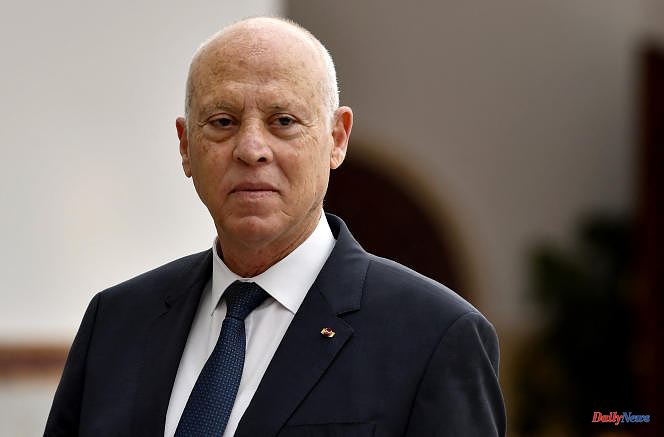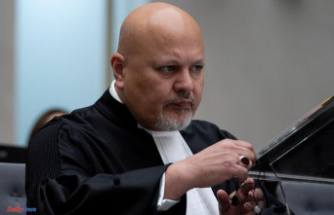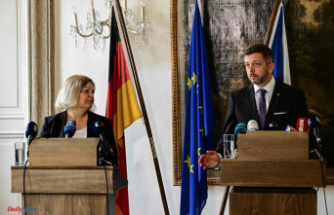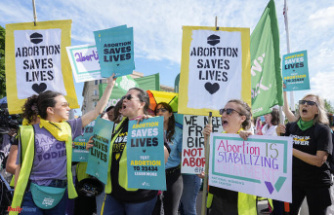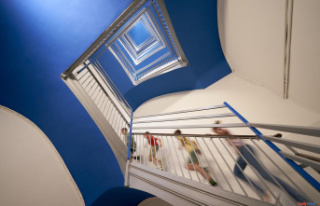President Kais Saied accused "certain foreign channels" of "working for entities that want to overthrow the Tunisian state" Tuesday, May 2, during a night visit to the Al Kitab bookstore, an institution in downtown Tunis. "Whoever questions freedoms [in Tunisia], inside and out, is either an agent or lives in a deep intellectual coma from which he will never wake up," he said. .
Kaïs Saïed took the opportunity to consult the book The Tunisian Frankenstein, by Kamel Riahi, at the heart of a controversy after his withdrawal from the Tunis International Book Fair on April 28, shortly after its inauguration by the head of the state. This recently published political essay - whose cover is illustrated with a caricature of Kaïs Saïed as a monster - offers an analogy between the Tunisian president, who assumed full powers during a "coup de force" in July 2021, and Doctor Frankenstein's creature imagined by Mary Shelley in her famous novel.
The president categorically denied any attempt at censorship, saying such suspicion amounted to "lies and slander." The Tunisian people, he added, are "not fooled" nor "under the tutelage" of those who, in their eyes, are guilty of "intellectual terrorism". “They say this book has been banned and yet it is sold at Al Kitab bookstore in Tunis. These are lies,” he said.
On April 28, security agents had ordered the closure of the stand of the publisher Dar Al Kitab and seized the copies of the Tunisian Frankestein, claiming the absence of this title on the list presented by the publishing house to the management of the fair. The next day, another book on the president, Kais I, president of a drunken boat, by Nizar Bahloul, had also been removed from the stand of his publishing house. Faced with the controversy that swelled on social networks, the authorities then backpedaled by allowing the closed stand to reopen and again authorizing the sale of Mr. Bahloul's book.
Several journalists prosecuted
This incident and the presidential statements against the media come against a backdrop of increased restrictions on individual freedoms. Tunisia fell to 121st place out of 180 in the world press freedom index published by Reporters Without Borders (RSF) on Wednesday, May 3, on the occasion of World Press Day. Since Kaïs Saïed's "coup de force", the country has lost 49 places. "After freezing and then dissolving Parliament in 2021, the Head of State calls into question the achievements of press freedom", denounces the NGO in its annual report.
In recent months, several journalists, lawyers, political opponents or citizens have been prosecuted for publications or statements. Some are imprisoned and charged with conspiracy against state security and risk the death penalty. Responding to his detractors, Kaïs Saïed assures that no journalist has been prosecuted for "his opinions". However, he assures that "freedom of thought is more important than a so-called freedom of expression", without providing further details. For him, those who worry about threats to freedoms are only peddling "lies". "Freedom is protected by the people," he said.
At least three journalists have been charged with "spreading false information" based on Decree Law 2022-54. Promulgated by Kaïs Saïed in September 2022, it punishes with five years in prison and a fine of 50,000 dinars (approximately 14,900 euros) anyone who "deliberately uses communication networks and information systems to produce, promote, publish or send false information or false rumors”. The penalty incurred is up to ten years in prison in the event of defamation against a State official. "With this new decree-law, it is the freedom of the press, one of the most important achievements of the democratic revolution, which is now under attack", deplores RSF.

